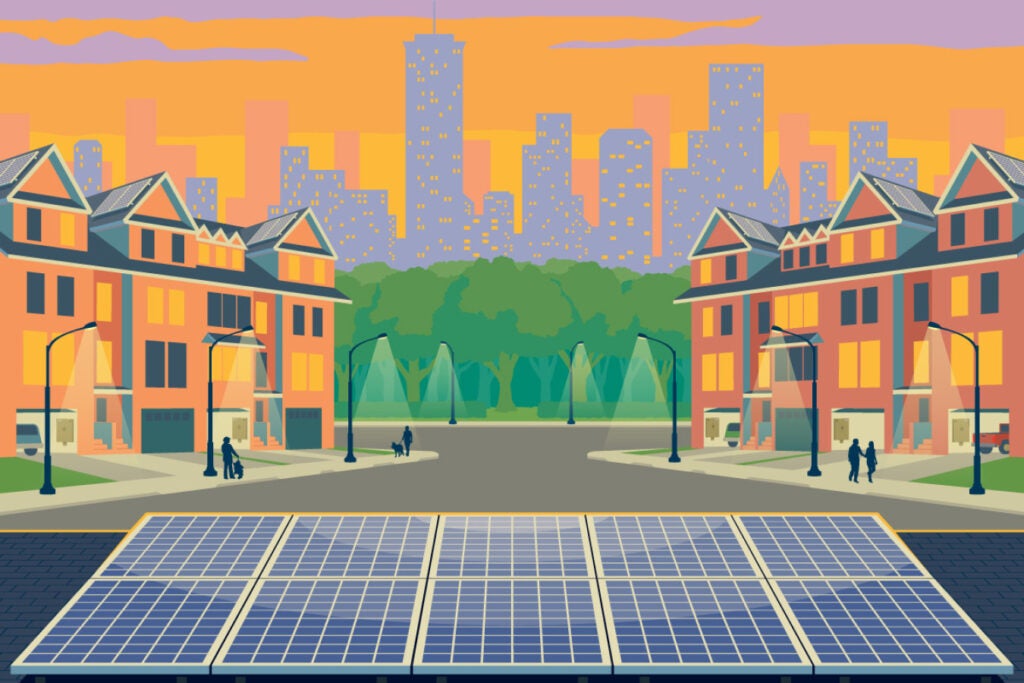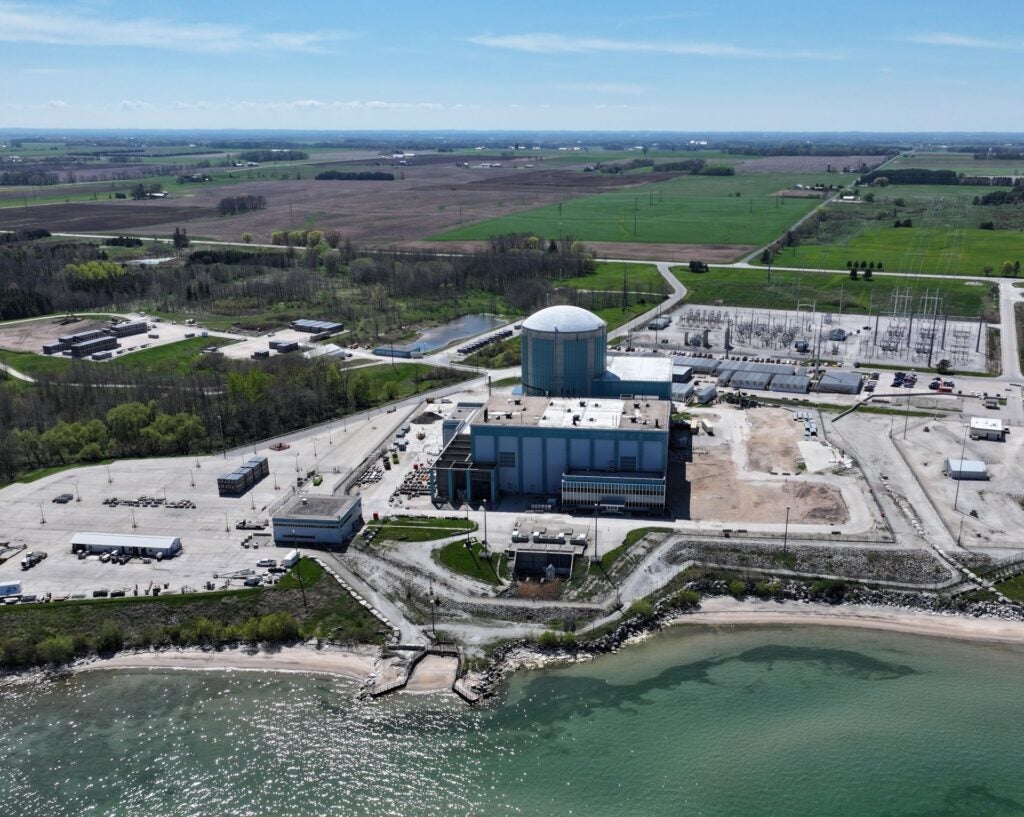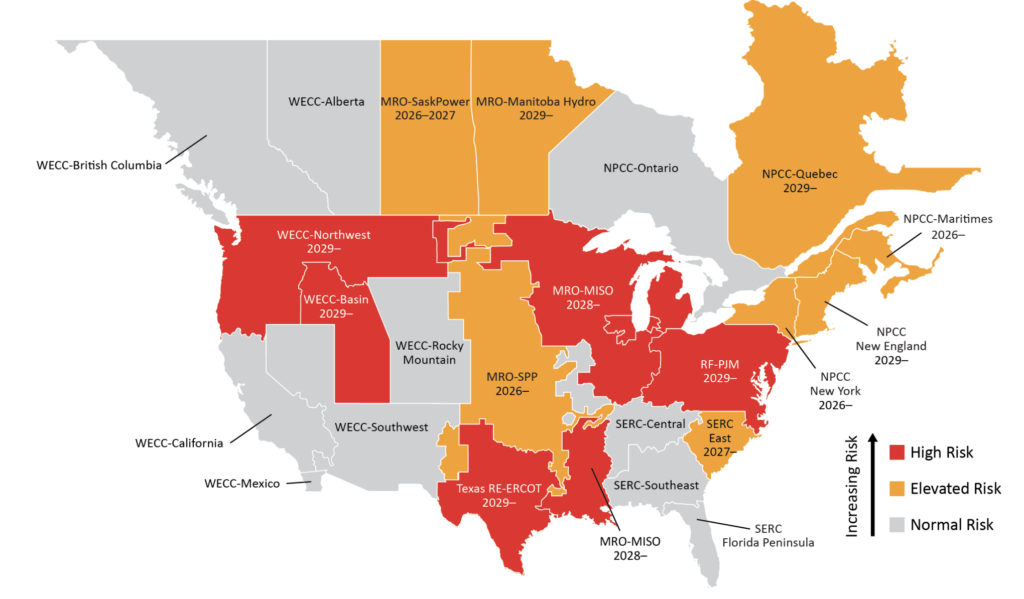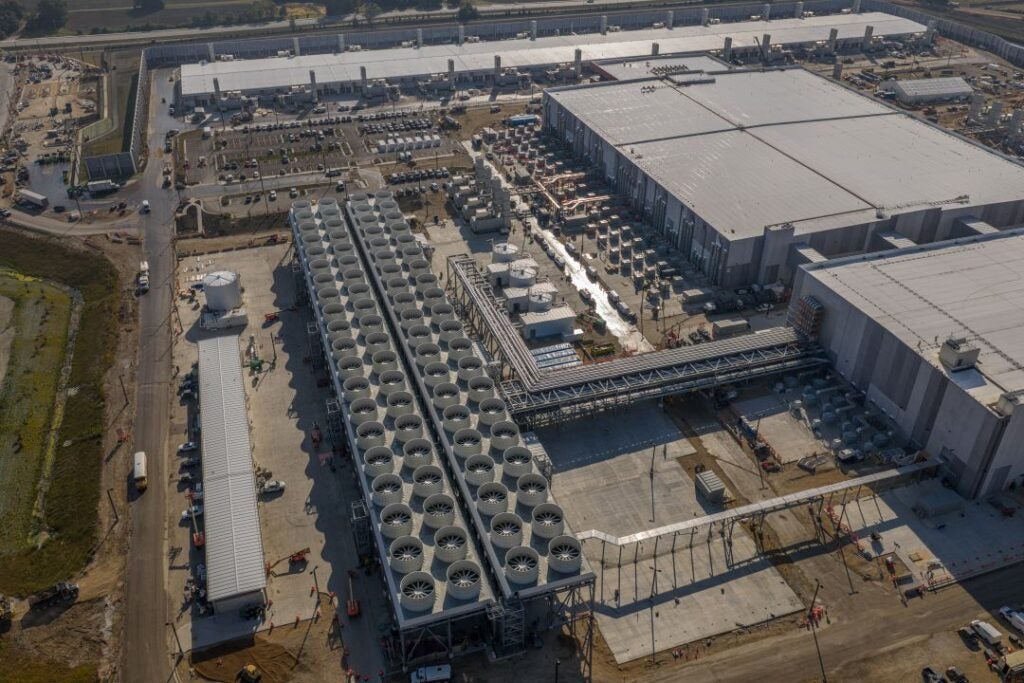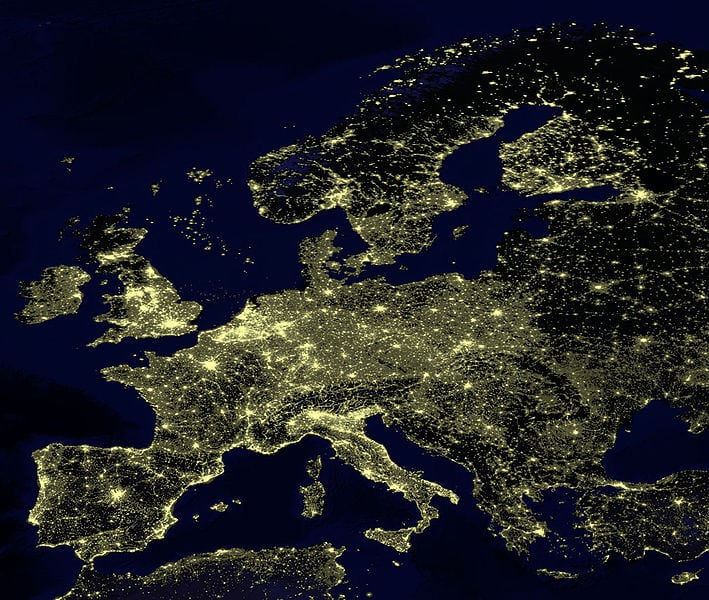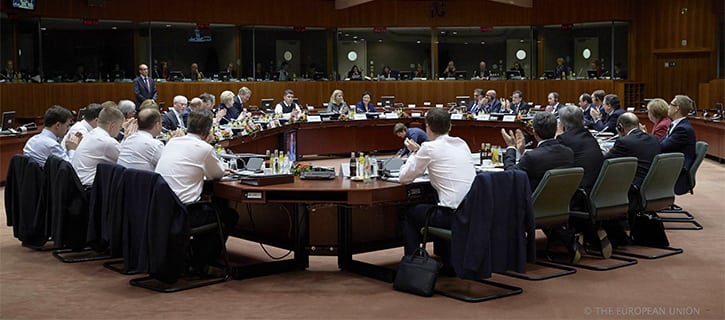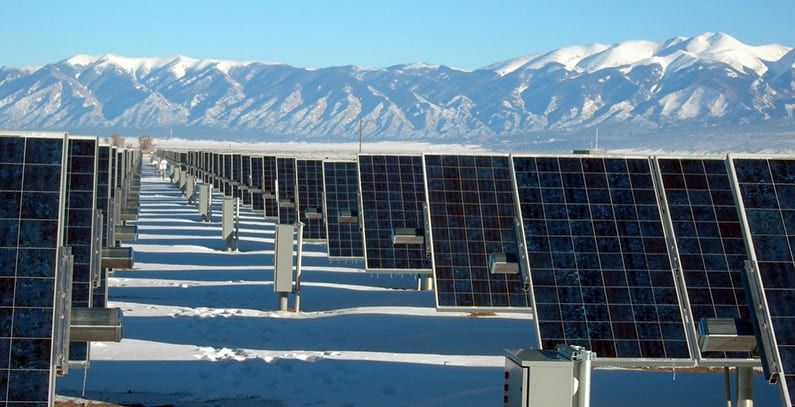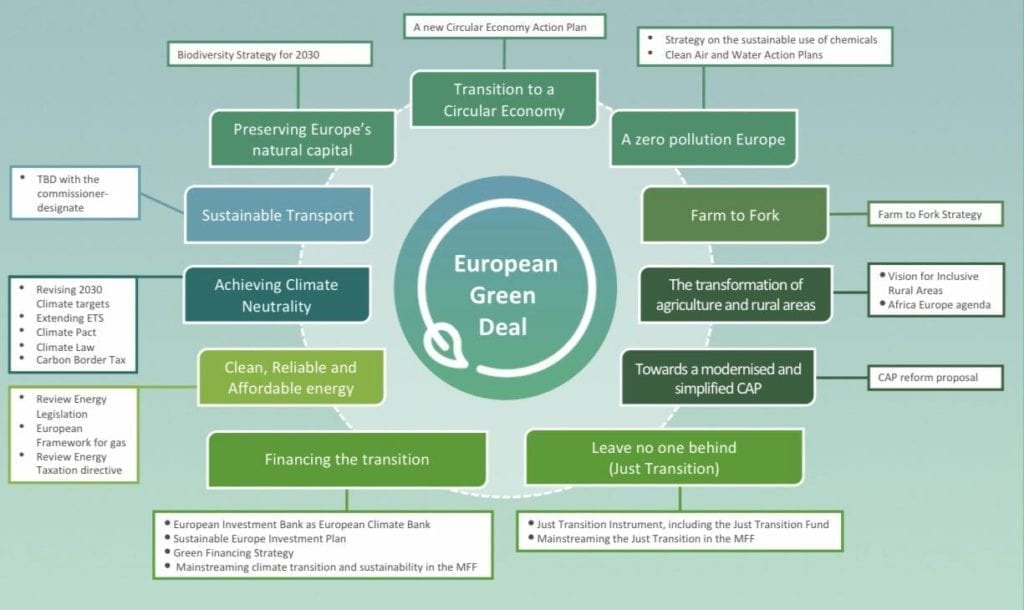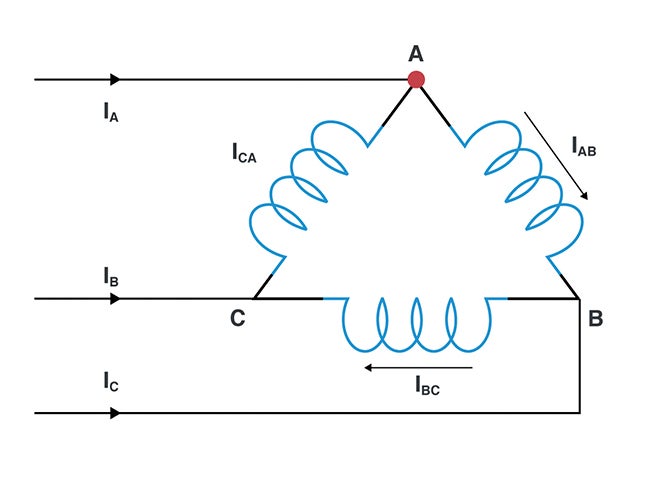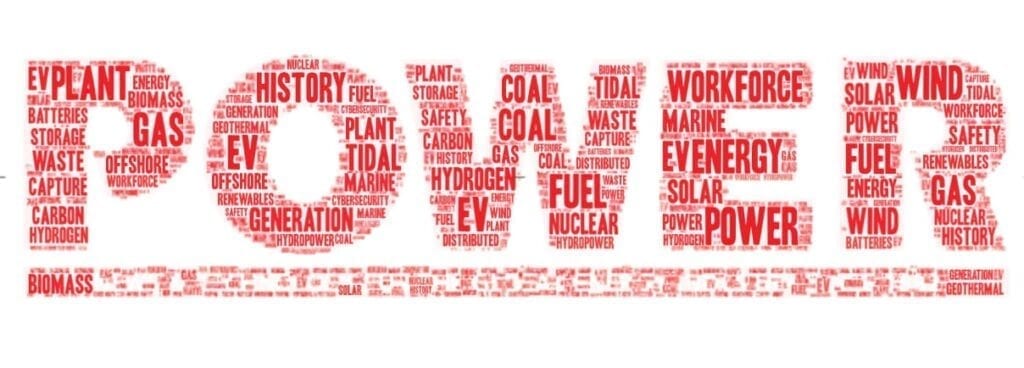Legally binding targets to slash the European Union’s (EU) carbon dioxide (CO2) emissions by 40%, increase the bloc’s renewables’ share to 30%, and improve energy efficiency by 40%—all by 2030—were strongly backed by the European Parliament on Wednesday.
The EU’s directly elected parliamentary institution adopted a resolution by a vote of 341–263 to set a 2030 EU target to slash greenhouse gas emissions by at least 40% from 1990 levels. It also called on the European Commission (EC) and EU member countries to set an energy efficiency target of 40%, which it says is “in line with research on the cost-effective potential,” and a commitment to produce at least 30% of total final energy consumption from renewables.
The 766 members European Parliament (MEPs) and the EU Council are part of an essentially bicameral institution that carries out legislative functions for the 28–member country bloc. The EC functions as its executive branch. Wednesday’s vote is not legally binding, but it signals an agreement on the EU’s 2030 climate and energy policy will need to be reached between the EC, Parliament, and member states before a final proposal can be issued, possibly later this year.
On Wednesday, MEPs criticized the EC’s 2030 framework that was presented just last week, and which calls for similar CO2 targets, but only a 27% non-binding share for renewables and no target at all on energy efficiency.
For MEPs, the EC’s communication is “short-sighted and unambitious on a number of levels,” specifically [in] regards [to] the lack of national targets for renewable energy and of any meaningful new action to incentivize energy efficiency,” they said in a Parliament-issued press release. The targets should be binding and implemented through individual national targets, MEPs stressed.
“The price of energy seriously affects companies, industry and, more specifically, our citizens. If we want to reduce our energy imports we have to produce more in Europe, by making better and more efficient use of our resources,” said Belgian MEP Anne Delvaux, who is the co-rapporteur for the environment committee. “If we have a broad energy mix with greater energy efficiency, this is the best option to reduce to reduce greenhouse gas emissions, to encourage new technologies and innovation, create jobs, and change our economies into greener economies. This is why we need three binding objectives,” she added.
Some conservative and center-right MEPs expressed concerns about the Parliament-backed stronger targets, saying they would hurt the bloc’s industry and economy. Other apparent concerns include the Parliament’s worries that the EC may try to bypass the legislative body. It adopted an amendment on Wednesday that insists that the “Commission should base any legal proposal on full co-decision between Parliament and the Council.”
EU energy ministers are now expected to meet in March to discuss the 2030 energy and climate targets.
In related news, EURELECTRIC, a coalition of electricity generators from 31 European countries, earlier this week presented a “manifesto” to EU Energy Commissioner Günther Oettinger that proposes measures to “re-orient energy policy towards cost-efficiency and competitiveness.”
The manifesto declares that a decarbonized economy would require “dramatic changes” from a world of large-scale generation to a decentralized, greener one. But that transition will require an investment of €1 trillion by 2020.
Meanwhile, wholesale prices have stabilized, prices for households and small and medium businesses are “skyrocketing,” it observes. “The value of our companies is deteriorating, political and regulatory uncertainty is high and security of supply is at stake. Action is needed and it is needed now,” the sector group said.
Among measures that should be prioritized are the enabling of framework conditions and adequate infrastructure to guarantee supply security. Significantly, the group also called for a “coordinated Europe-wide effort.”
“Policymakers must take greater care to avoid policy-induced inefficiencies and market distortions that are unnecessarily pushing up the costs of providing electricity and raising the bills for Europe’s customers. National regulatory initiatives without consideration for their impact on other member states cannot remain the rule,” EURELECTRIC said.
—Sonal Patel, associate editor (@POWERmagazine, @sonalcpatel)






